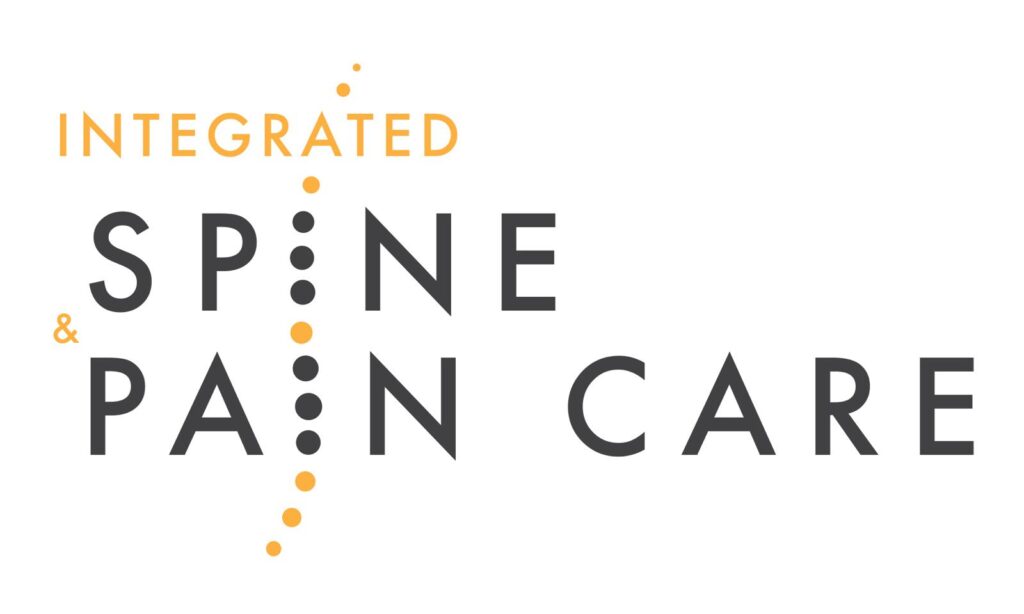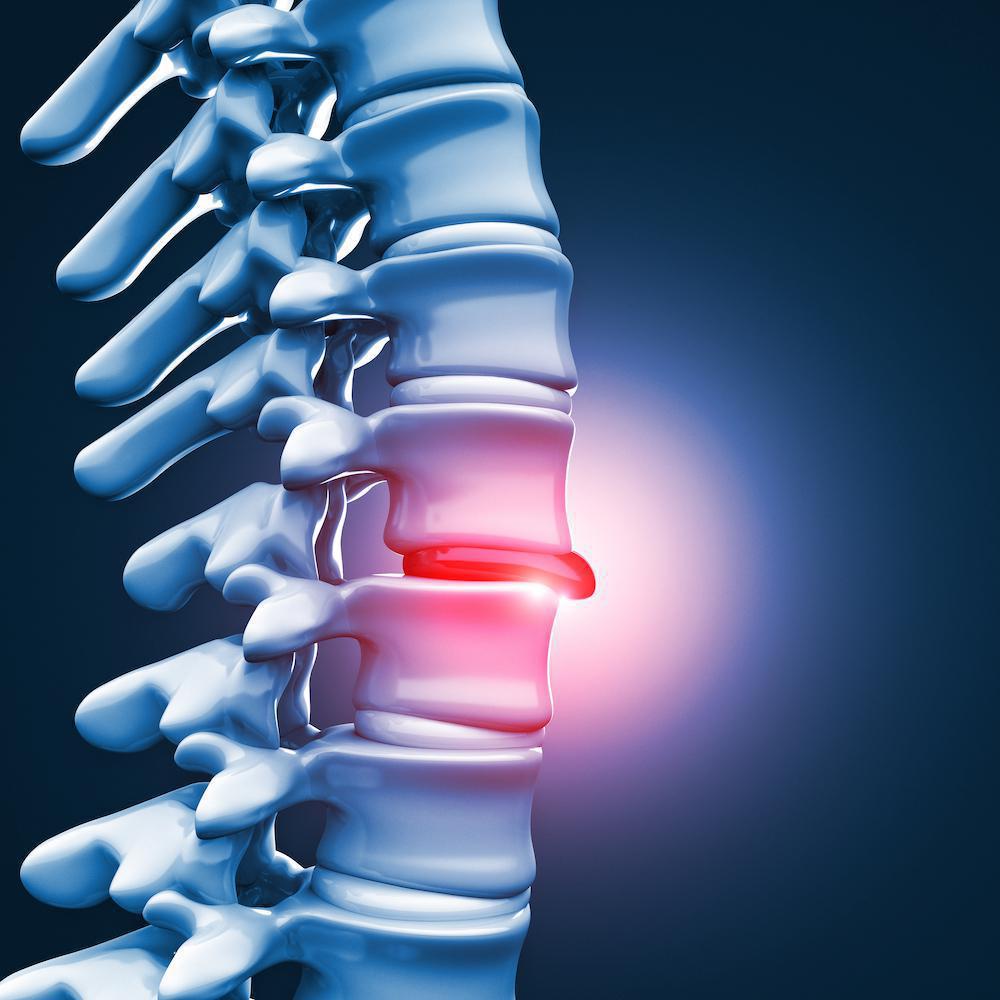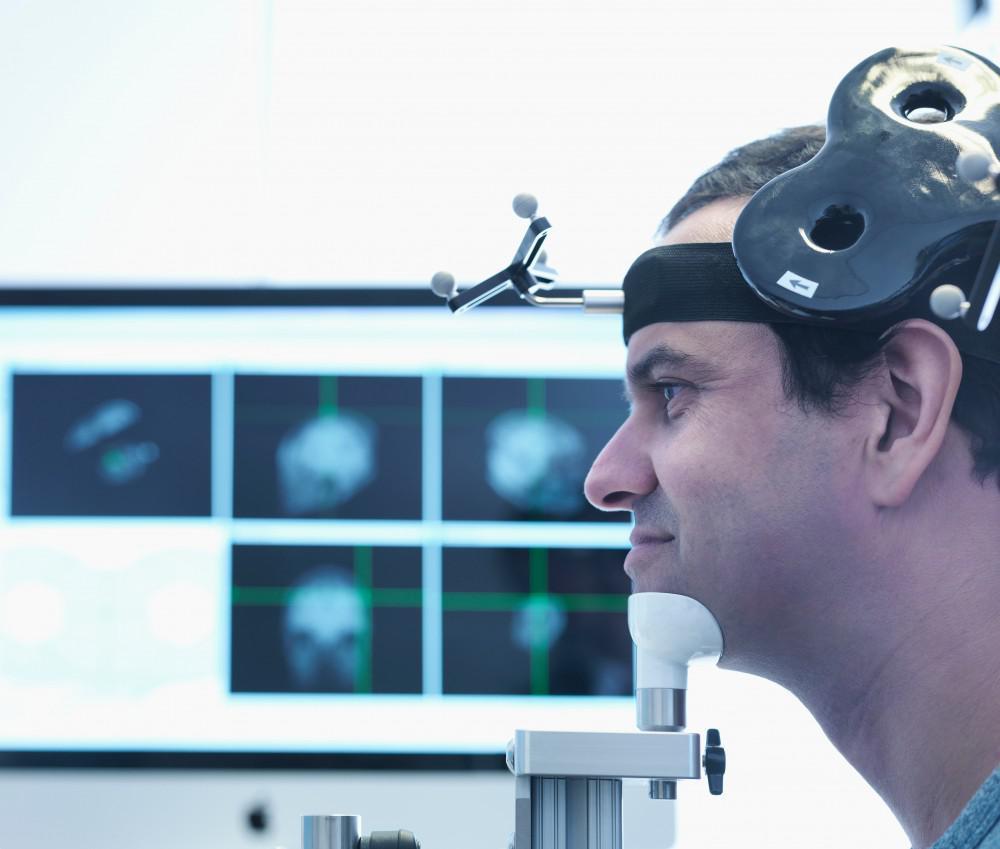Understanding Your Treatment Options for Herniated Disc Pain Millions of Americans are affected by herniated disc pain every year. If you’re one of them, these treatment options could help you feel better — and prevent more serious problems. Feb 1st, 2023
Learn more about TMS and Ketamine Treatments.
Am I a Candidate for a Spinal Cord Stimulator?

Spinal cord stimulation relieves chronic pain by blocking the nerves that send pain signals to your brain. In short, your brain doesn’t get the message, which means you don’t feel the full extent of your pain.
Mikael Sarij, MD at Integrated Spine and Pain Care, with locations in Farmingdale and Deer Park, New York, has helped countless patients escape the burden of chronic pain with spinal cord stimulators. Not everyone is a viable candidate for a spinal cord stimulator. But those for whom it does work will enjoy significant, long-lasting pain relief.
Here is how we determine who is a good candidate for getting a spinal cord stimulator.
How spinal cord stimulators work
From an aching lower back to tingling neuropathy in your feet, all pain signals from your body travel through the spinal cord to your brain. A spinal cord stimulation stops that signal at your spinal cord, so it doesn’t reach your brain. That means this device can help ease pain caused by many different conditions originating in almost any part of your body. Here are some examples:
- Back pain — Failed back surgery, herniated disc, degenerative disc disease
- Leg pain — Peripheral artery disease, complex regional pain syndrome, sciatica
- Nerve pain —neuropathy, phantom limb pain
- Arm pain — Neuropathy, spinal stenosis
- Chest pain
- Joint pain
Spinal cord stimulators treat a wide range of conditions. However, it’s most often used to provide longer-lasting pain relief from chronic leg and back pain.
Your medical treatments have failed
Spinal cord stimulation is not the first-choice treatment for back pain or any chronic pain condition. Before considering a spinal cord stimulator, you must first try all the appropriate medical treatments, to see if they can relieve your pain.
The treatment regimen you follow before considering a spinal cord stimulator depends on your diagnosis. Still, conservative care typically begins with options such as:
- Oral and topical medications
- Steroid or nerve block injections
- Activity modification
- Physical therapy.
- You meet other qualifying criteria
When screening patients for a spinal cord stimulator, we also consider criteria such as:
- Would you benefit from surgery?
- Do you want to consider surgery?
- Do you have a drug addiction or untreated depression?
- Do you have health conditions that prevent having the spinal cord stimulator implanted in your spine?
After a thorough evaluation of your medical and treatment history, symptoms, and personal concerns, there’s one last step to take before you can get a spinal cord stimulator, and that’s the trial.
You have a successful spinal cord stimulation trial
A spinal cord stimulator trial is the most critical factor for determining your success with this device. This is a deal-breaker. Before we say you’re a good candidate, you need to have a successful trial showing the device relieves your pain.
The level of pain relief experienced with spinal cord stimulation differs from person to person. After you use the device for a trial period of about a week, you will know how well it works for you. Then you can decide if you want to keep using the device.
Chances are, you will. Surveys of patients who use a spinal cord stimulator show that 88% are more independent and enjoy significantly reduced pain.
If you’re in pain, don’t wait to seek help. Book an appointment a consultation with Integrated Spine and Pain Care today.
You Might Also Enjoy...
Stem Cell Therapy: An Innovative Way to Treat a Variety of Issues Your body possesses some amazing healing powers. Think about how quickly a paper cut heals. What if that power could be harnessed and directed? Stem cell therapy does just that. Jan 11th, 2023
Why Wait Until the New Year? 5 Good Reasons to Start Your Medical Weight Loss Program Now With medical weight loss support, you can achieve lasting, healthy weight loss. Why wait to get started? Here’s what you need to know about starting your weight loss journey now. Dec 1st, 2022
Use of Ketamine for Pain Management in Hospice Care Pain management is a vital part of supportive care in hospice. Ketamine is a novel option that can be used alone or in combination with opioids to keep patients who are experiencing refractory pain comfortable. Nov 2nd, 2022
What Is Transcranial Magnetic Stimulation and What Does It Treat? Transcranial magnetic stimulation (TMS) is changing the game in treating mental illness, chronic pain, and more. If you or someone you care about lives with a treatment-resistant condition, you should know about this option. Oct 10th, 2022
If You're Living With Fibromyalgia Pain, Ketamine Can Help The symptoms of fibromyalgia can be so widespread that they affect you daily. If you’re ready to find some relief — especially if other treatments have failed — it may be time to consider ketamine infusions. Sep 1st, 2022
Powered by CRAMMAZE







